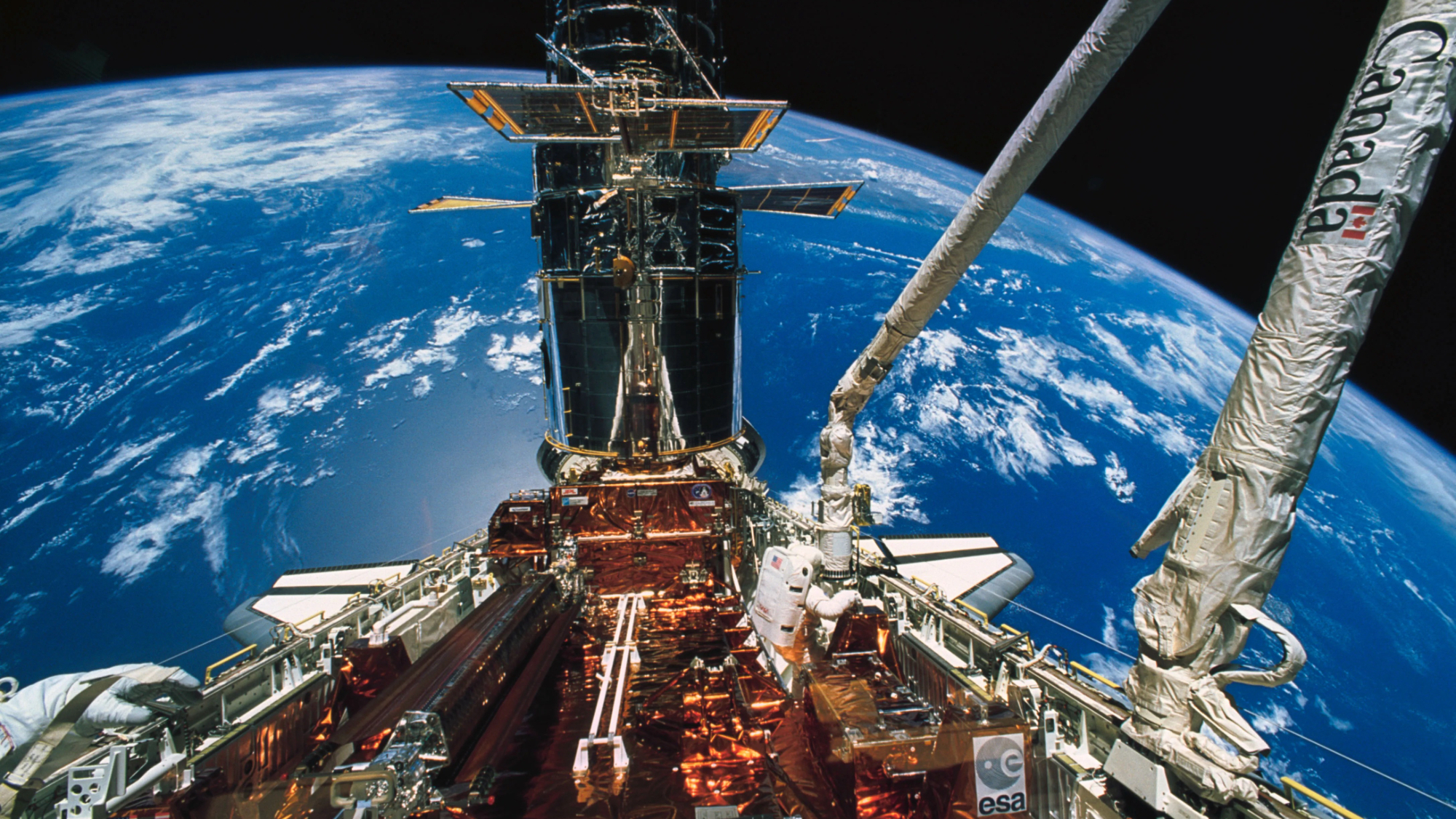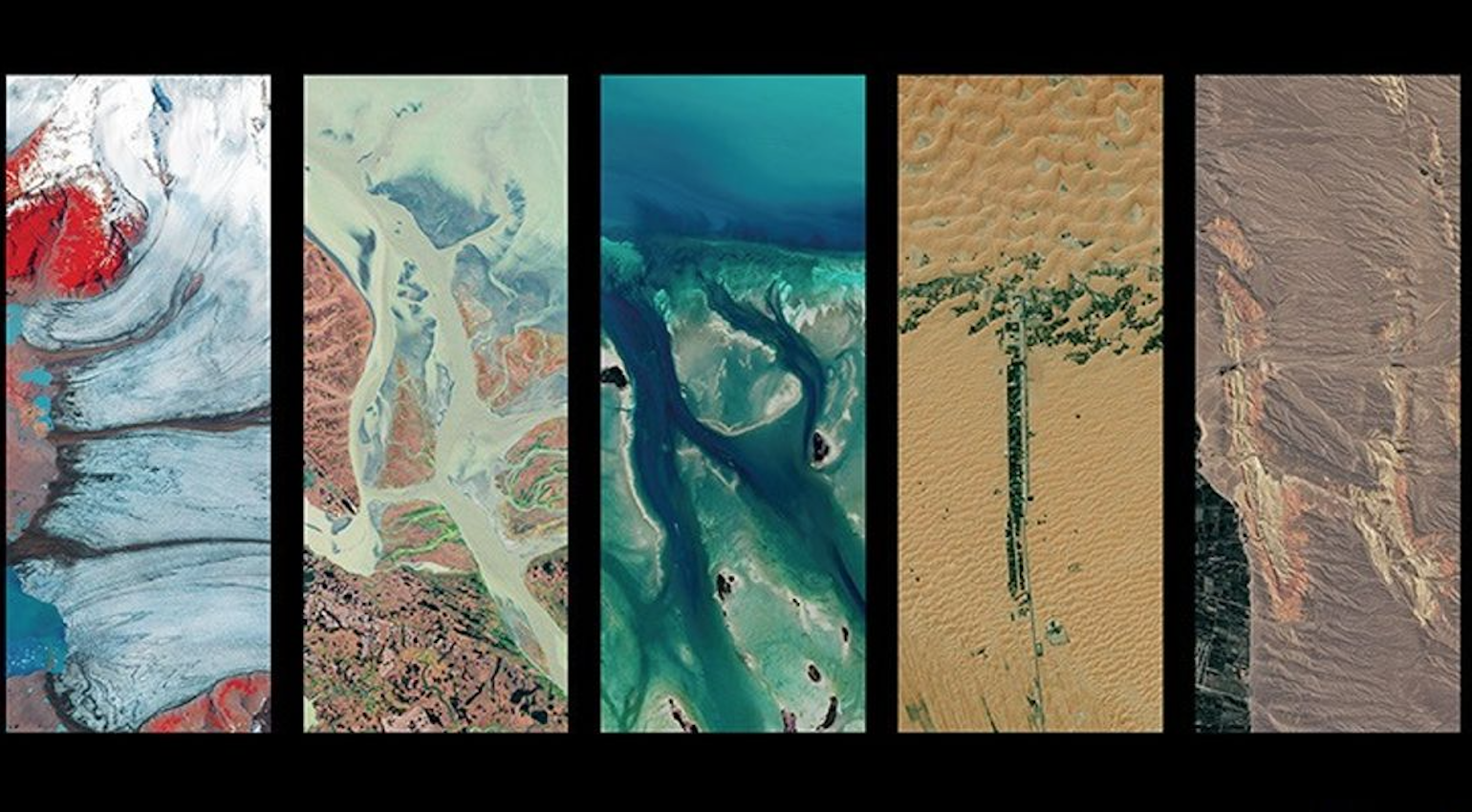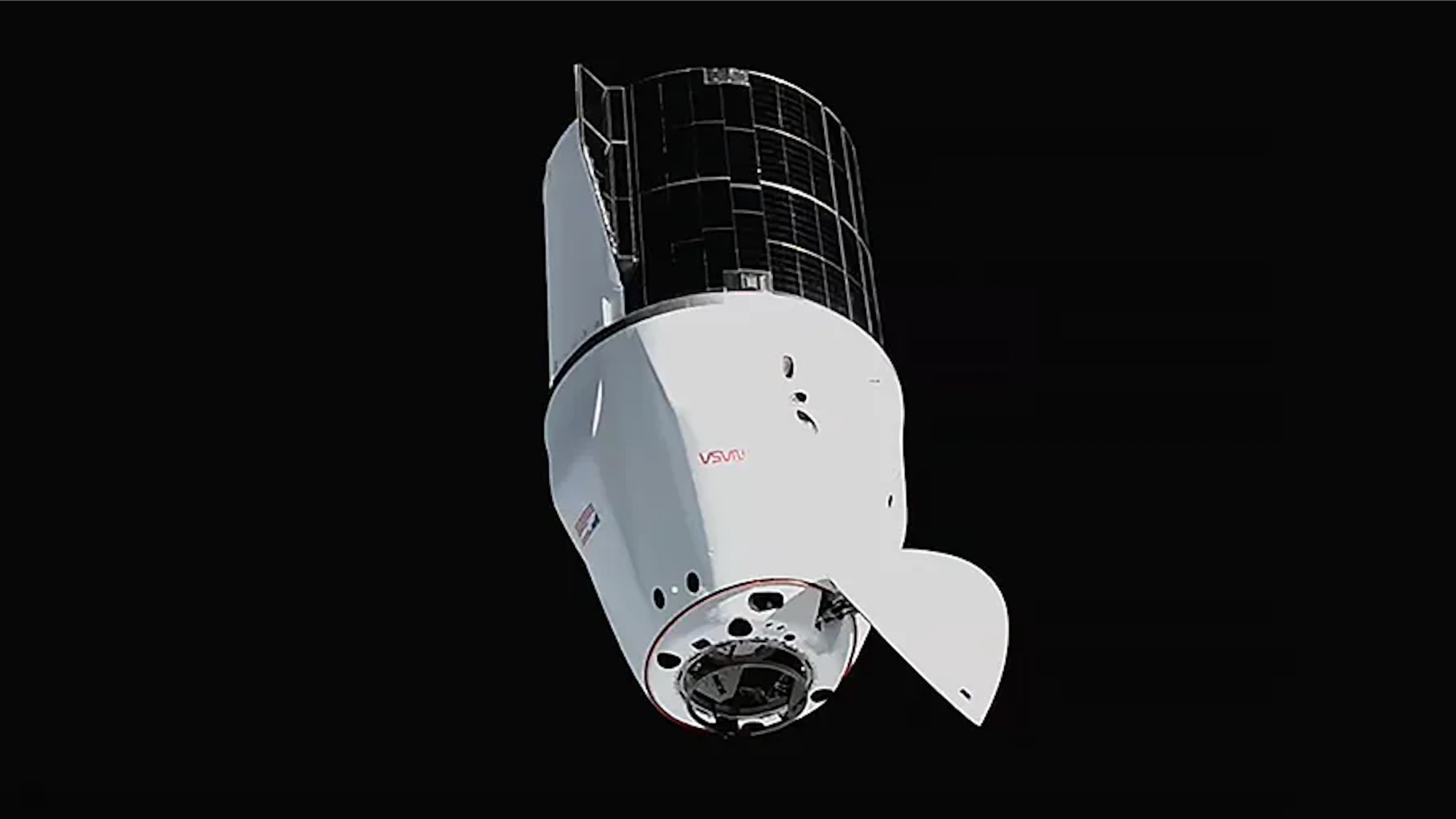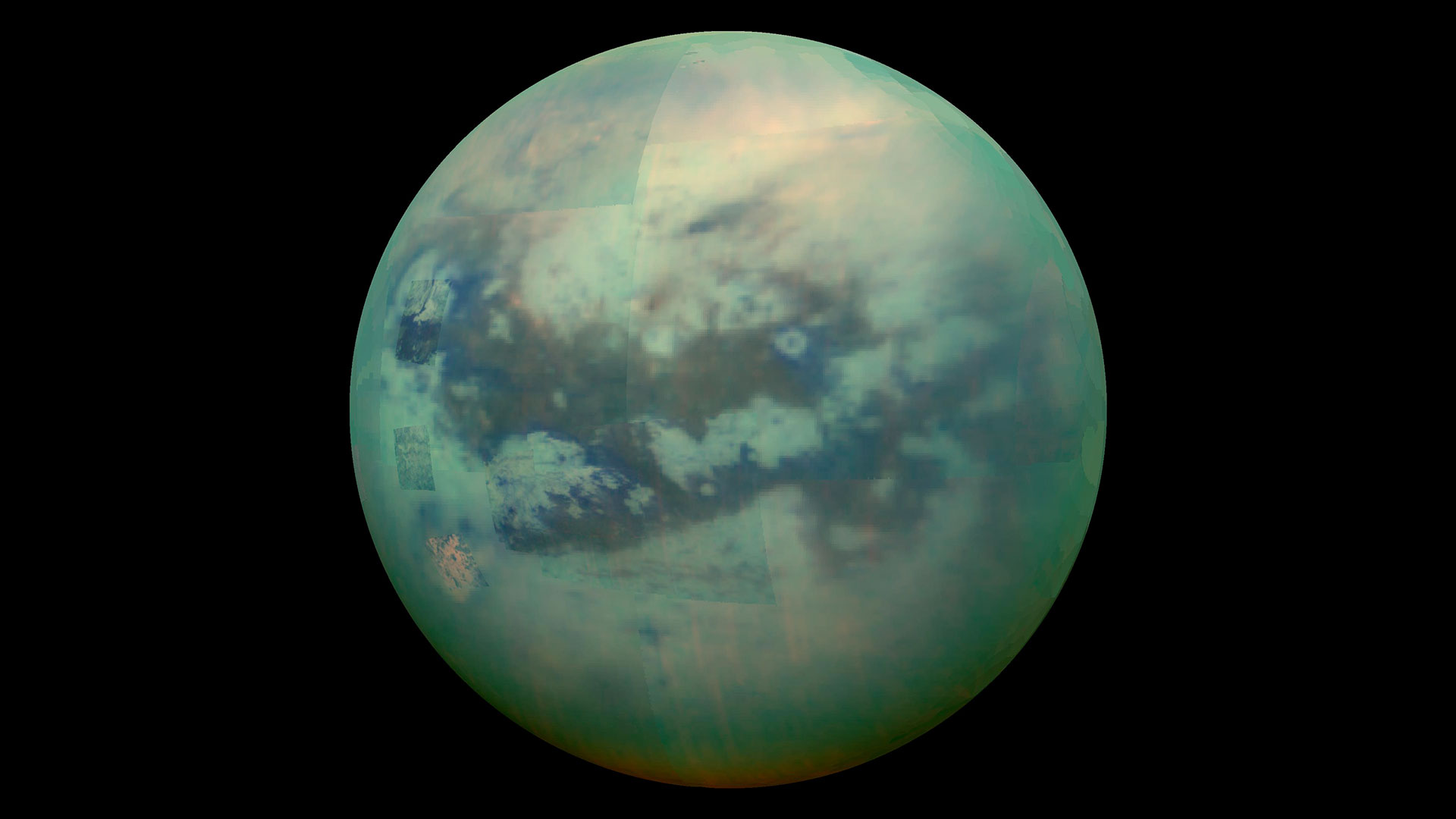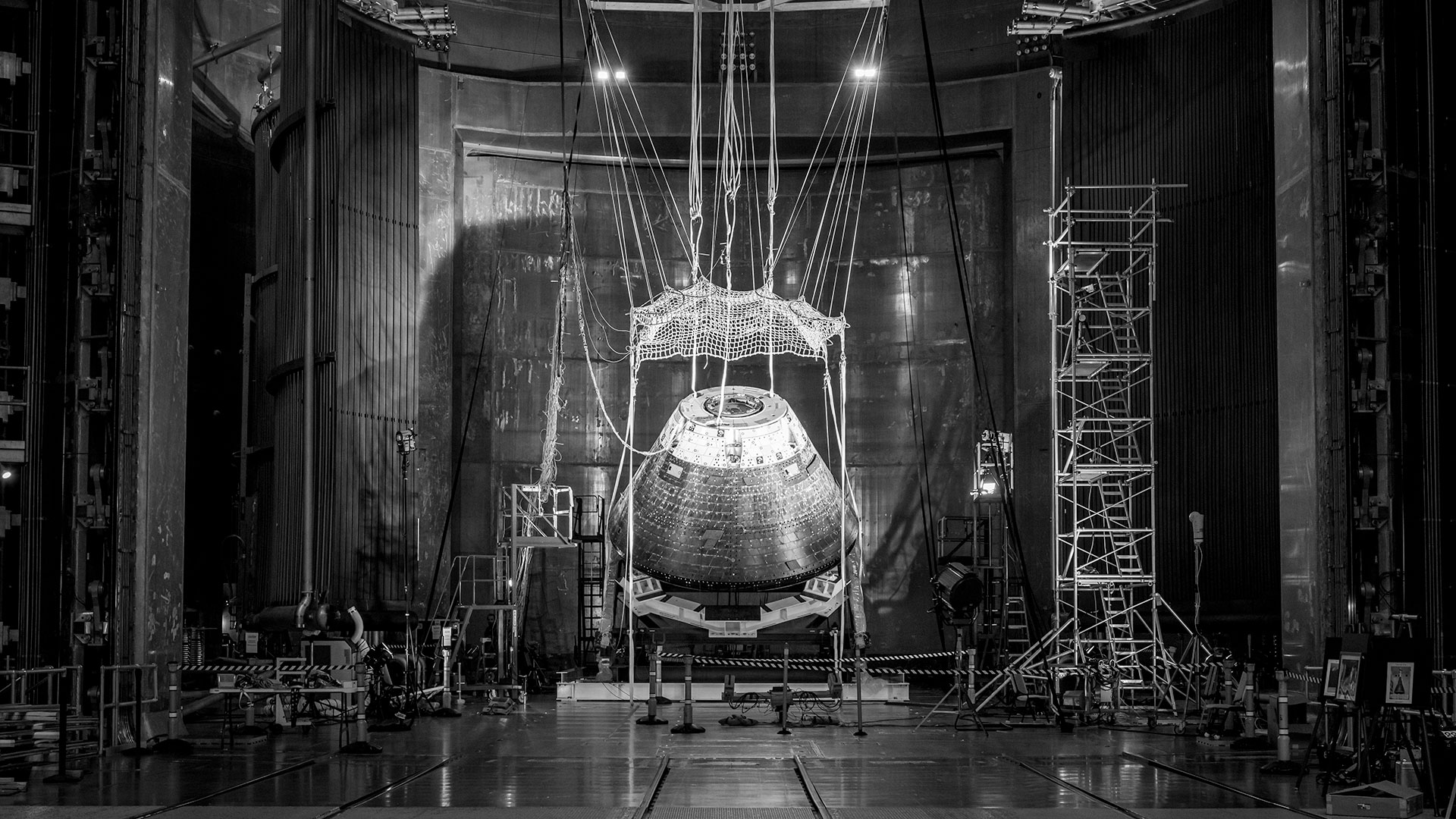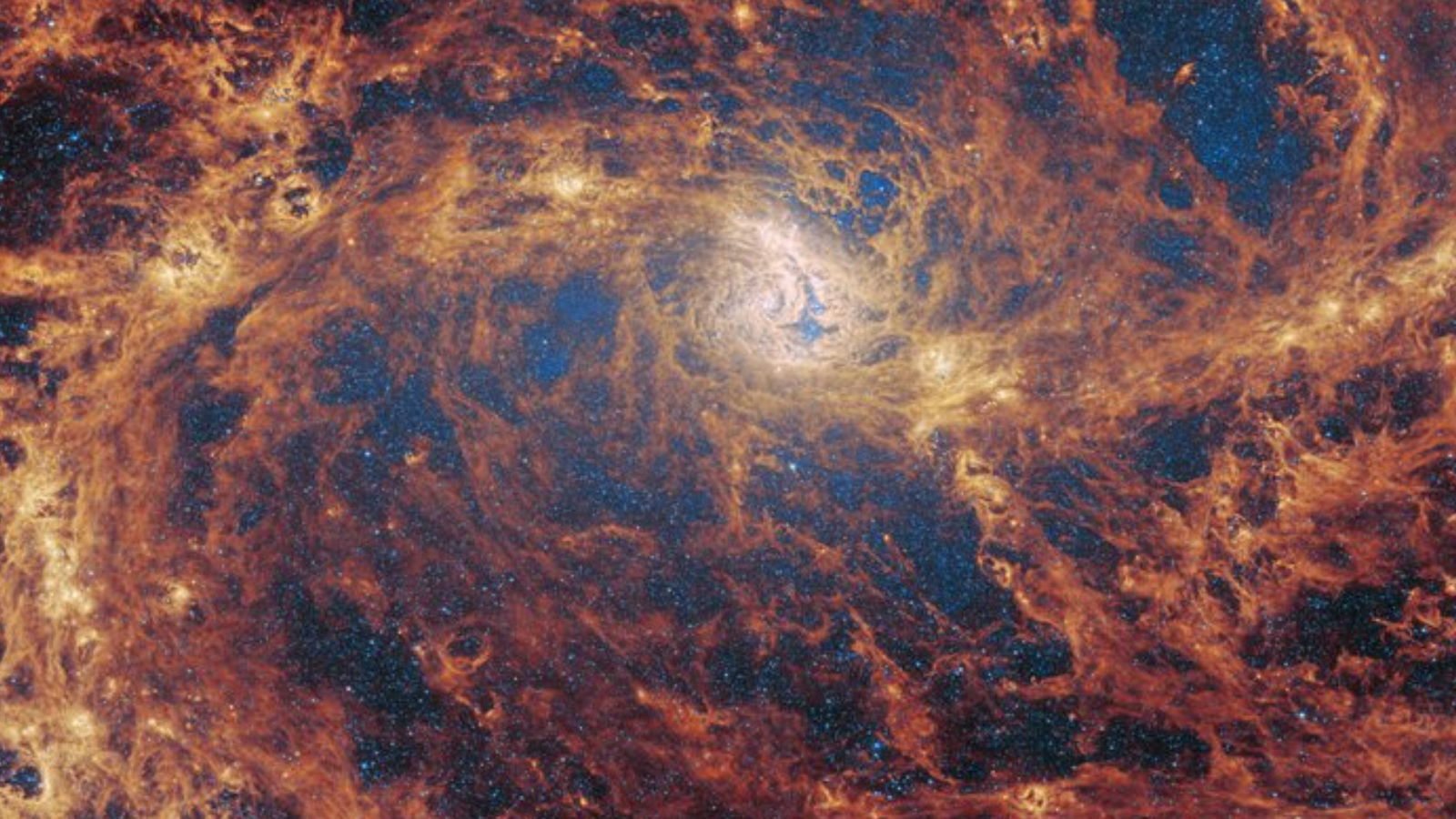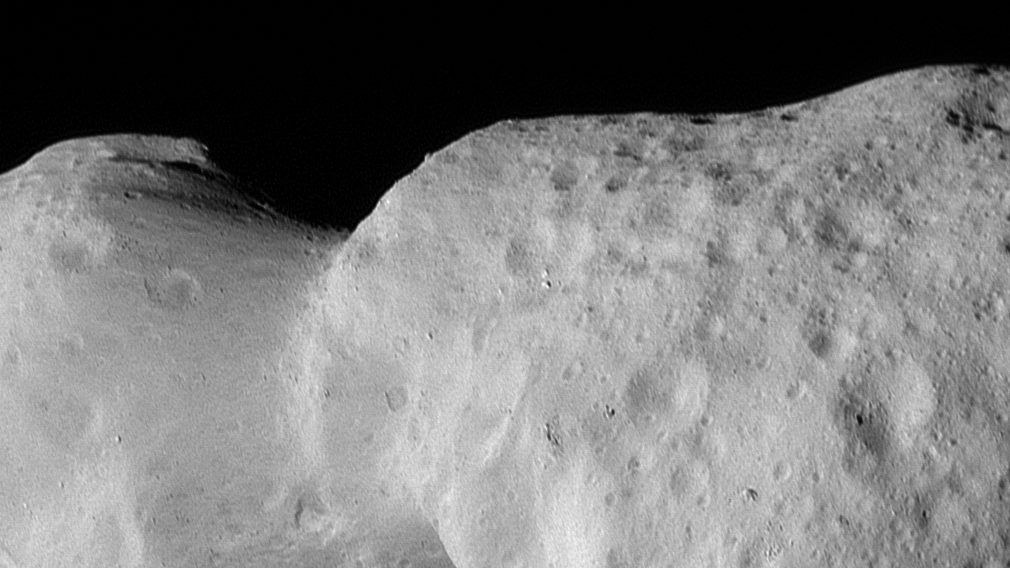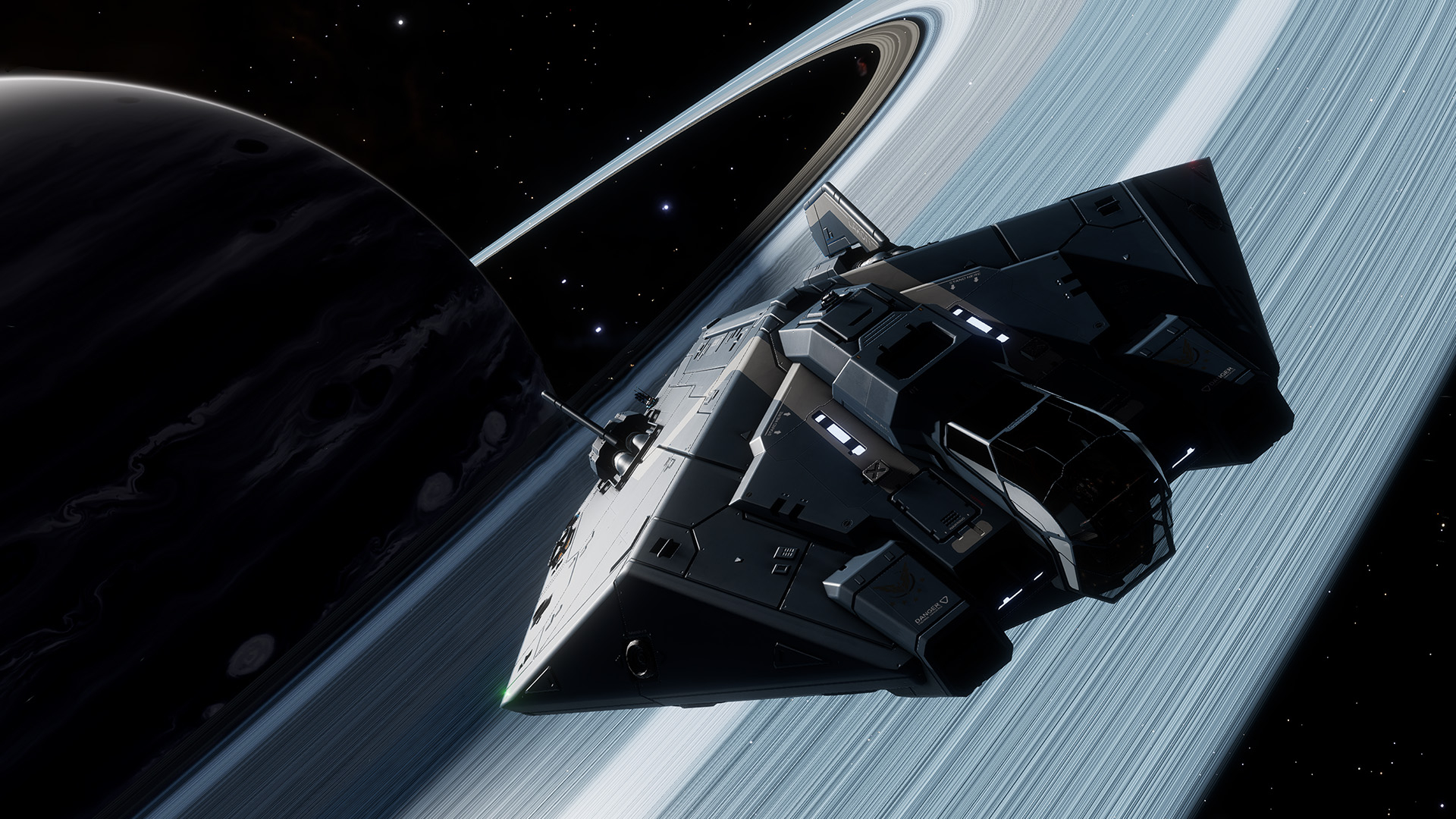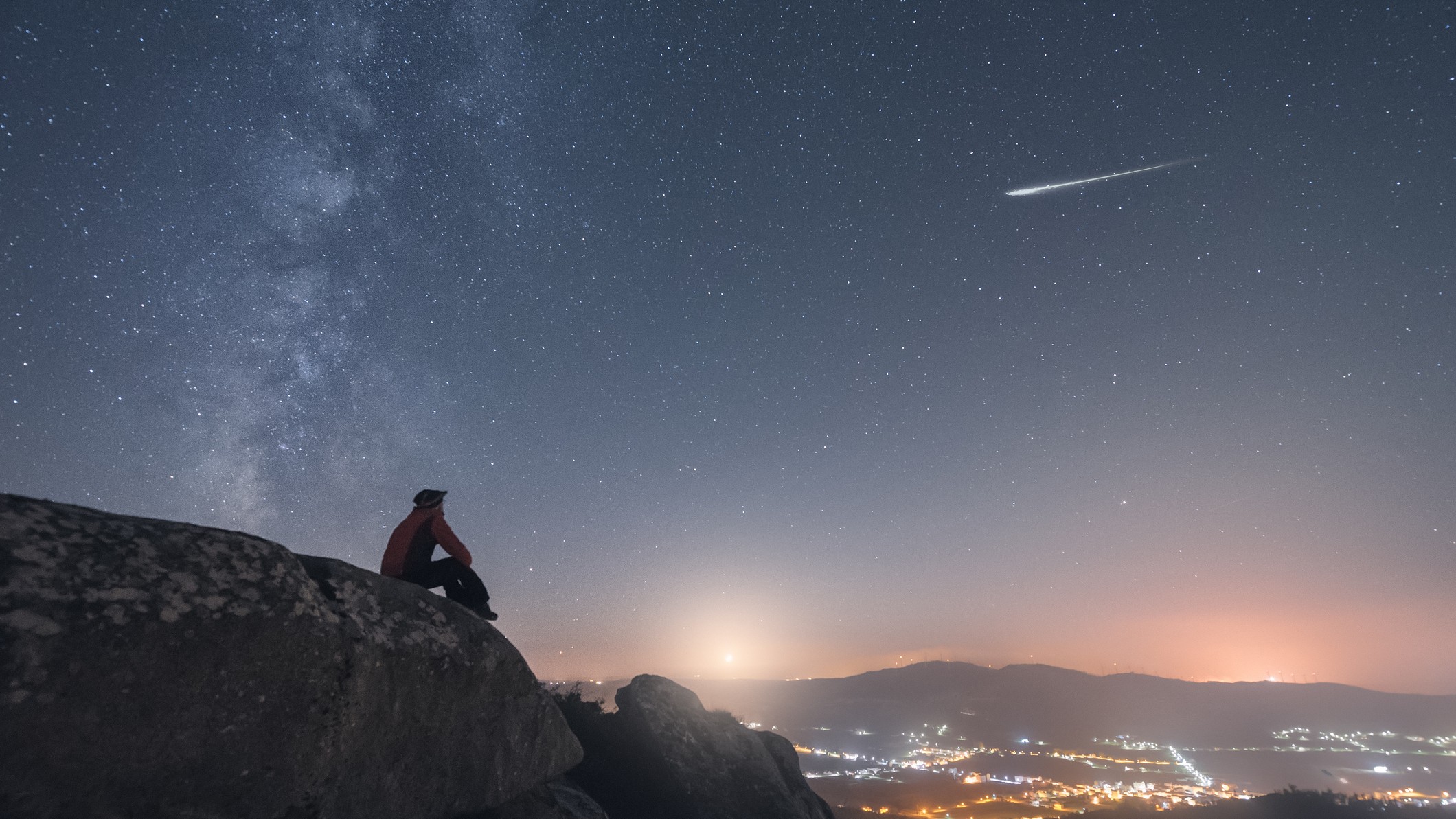Scientists turn 3 years' worth of solar flares into audible sound (video)
The sonification is based on data from ESA's Solar Orbiter mission.
If you're more of an auditory learner than a visual one, this timelapse video is for you. (And, well, visual learners will probably love it, too!)
The European Space Agency (ESA) has released an audio-visual representation of solar activity over the last three years, pulling data from its Solar Orbiter probe, which it runs with NASA.
In the video, we see blue circles popping up across the surface of the sun — and audible tones paired with each of these circles. As time progresses toward the present day, the frequency of the blue circles and their sonifications increases.
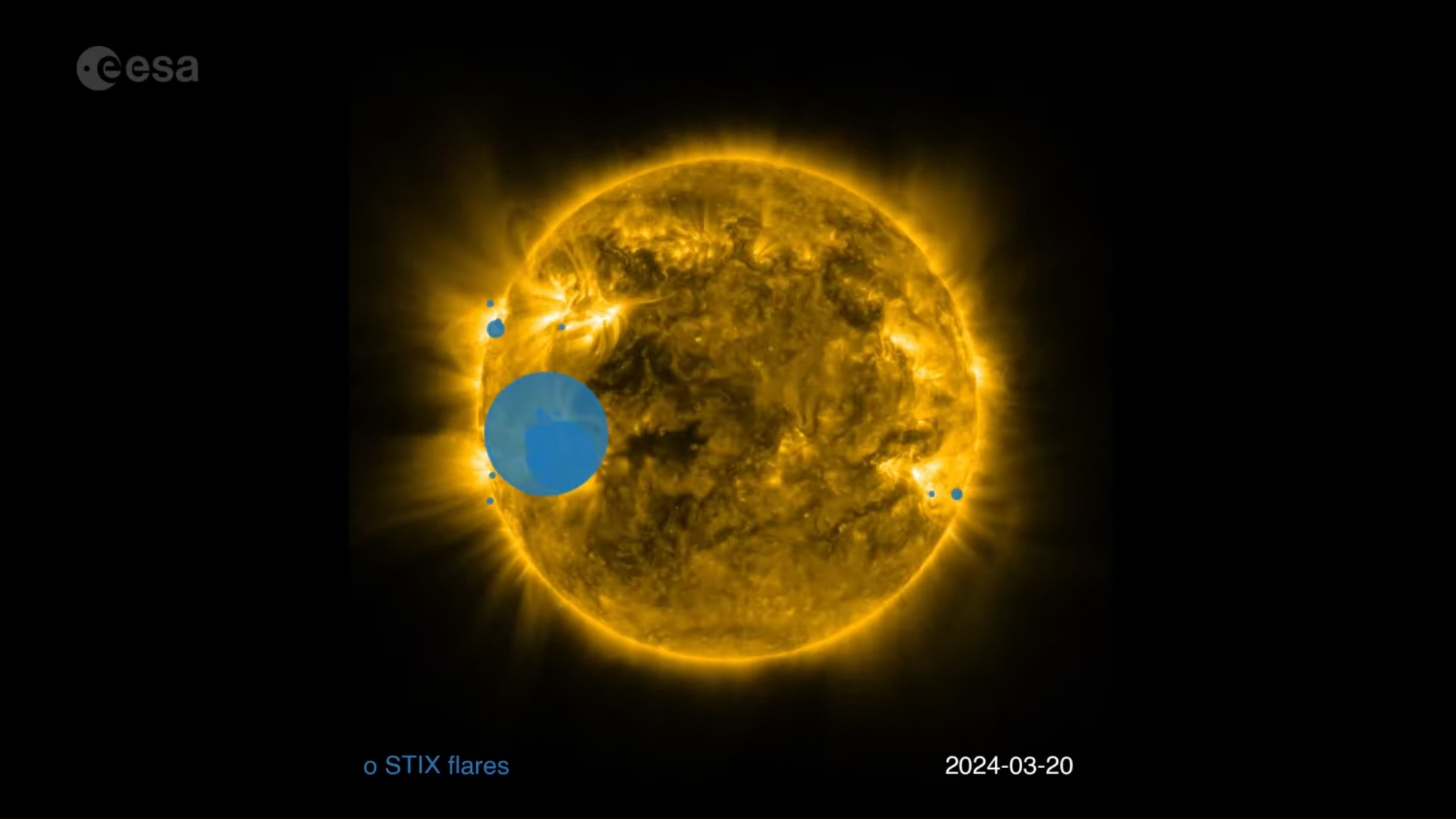
To create the video, ESA combined images from two of Solar Orbiter's instruments — the Spectrometer/Telescope for Imaging X-rays (STIX) and the Extreme Ultraviolet Imager (EUI). STIX captured the location and size of X-rays emitted by solar flares, which are now represented with those blue circles, while the EUI images showcase the sun's outer atmosphere in yellow.
The increase in the frequency and size of the solar flares correlates to the sun's progression toward solar maximum, the peak of activity in its 11-year cycle. According to NASA and the U.S. National Oceanic and Atmospheric Administration, we're in solar maximum right now. (And that makes the next year or so prime time for viewing the northern lights.)
Related: Space weather: What is it and how is it predicted?
As for the zooming in and out in the video, that's due to Solar Orbiter's elliptical orbit. Every six months, the spacecraft makes a close approach to the sun. You not only see this represented in the video visually but also hear it through the background humming — that noise mirrors the proximity of the spacecraft and the sun, getting louder when they're closer together and quieter as they move apart.
Get the Space.com Newsletter
Breaking space news, the latest updates on rocket launches, skywatching events and more!
The sonification was created by Klaus Nielsen (DTU Space / Maple Pools); you can listen to more of his work at https://linktr.ee/maplepools.
Join our Space Forums to keep talking space on the latest missions, night sky and more! And if you have a news tip, correction or comment, let us know at: community@space.com.

Space.com contributing writer Stefanie Waldek is a self-taught space nerd and aviation geek who is passionate about all things spaceflight and astronomy. With a background in travel and design journalism, as well as a Bachelor of Arts degree from New York University, she specializes in the budding space tourism industry and Earth-based astrotourism. In her free time, you can find her watching rocket launches or looking up at the stars, wondering what is out there. Learn more about her work at www.stefaniewaldek.com.
-
Mars Tafts How about a link?Reply
https://www.esa.int/esatv/Videos/2024/12/See_and_hear_three_years_of_solar_fireworks
